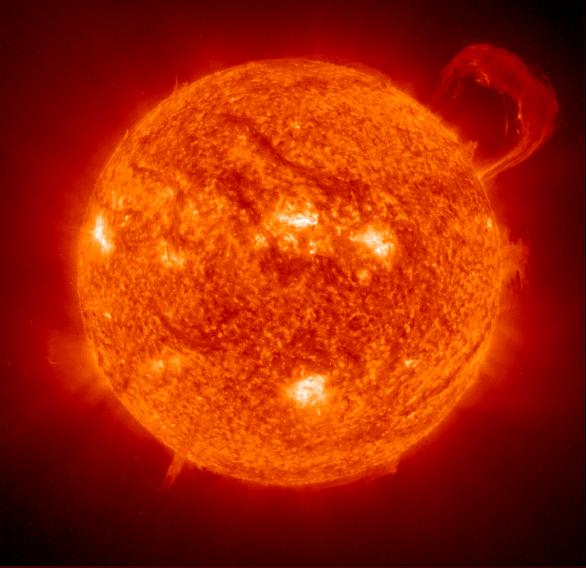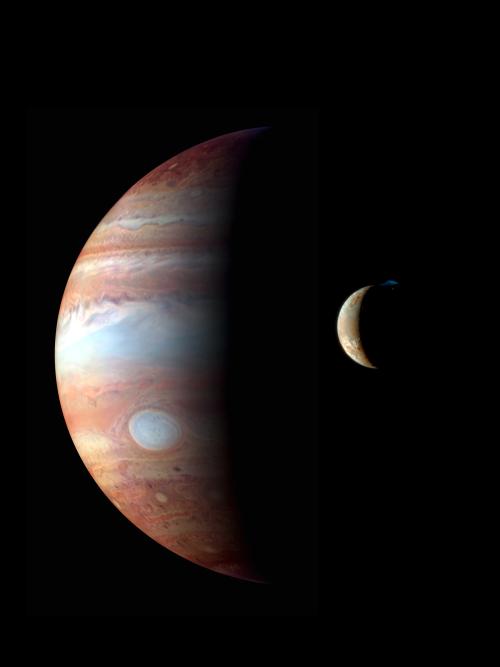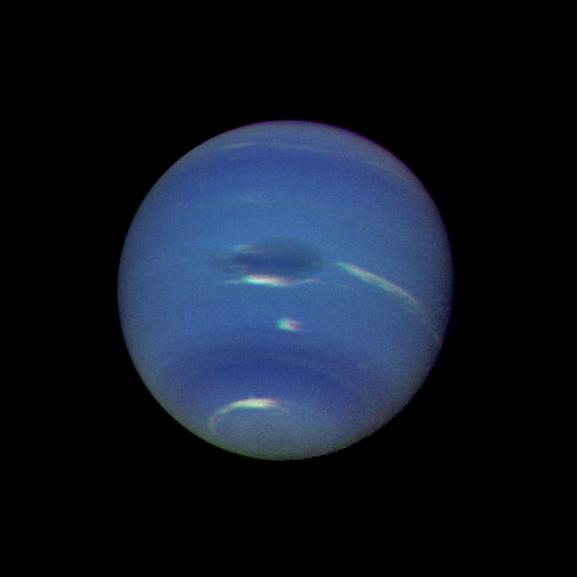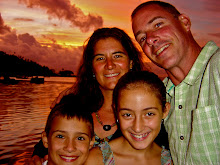This week, Ian and I researched the solar system. With help from Mom and Dad, we built a model of the solar system, including the nine planets and the sun. We used things that we found on the beach such as shells, palm fronds, coconuts and an assortment of other things.

Here are some extra facts about the different planets and the sun:
The Sun:
Diameter: 870,000 miles
The Sun is the center of our solar system
The Sun is made up of 70% Hydrogen and 28% Helium and the remaining 2% are metals
Something that you might not know about the sun:
The temperature at the surface of the sun is about 5,800 K or 9,980 degrees Fahrenheit. Now that’s hot! The sun is about 4.5 billion years old.

Mercury:
One orbit of sun: 87,969 days
Distance from the sun: 36 million miles
Atmosphere: Hydrogen, Helium
Diameter: 3,030 miles
Something you might not know about the 8th biggest planet in the solar system:
It has the most extreme temperature variations in the entire solar system ranging from 90K to 700K.
Venus:
One orbit of the sun: 225 days
Distance from the sun: 67 million miles
Atmosphere: Carbon Dioxide, Nitrogen
Diameter: 7,523 miles
Something that you might not know about the 6th biggest planet in the solar system:
Venus is the brightest object in the sky excluding the sun and the moon. Humans have known about since prehistoric times.
Earth:
One orbit of the sun: 365 days
Distance from the sun: 93 million miles
Atmosphere: Nitrogen, Oxygen, and Argon
Diameter: 7,926 miles
Something that you might not know about the 5th largest planet in the solar system:
Earth is the only planet whose name doesn’t come from Greek or Roman mythology.

Mars:
One orbit of the sun: 886,092 days
Distance from the sun: 142 million miles
Atmosphere: Nitrogen, Oxygen and Argon
Diameter: 4,222 miles
Something that you might not know about 7th largest planet in the solar system:
Olympus Mons, the tallest mountain in the solar system, reaches 78,000 ft tall which is more than 2 ½ times the height of Mt Everest can be found on Mars.
Jupiter:
One orbit of the sun: 4,332 days
Distance from the sun: 483 million miles
Atmosphere: Hydrogen, Helium and Methane
Diameter: 88,846 miles
Something that you may not know about the largest planet in the solar system:
It is so big that you could fit 318 Earths inside of it. Its most obvious feature is the Great Red Spot, which is a 300-year-old storm.

Saturn:
One orbit of the sun: 10,759 days
Distance from the sun: 888 million miles
Atmosphere: Hydrogen, Helium, and Methane
Diameter: 74,898 miles
Something that you may not know about the 2nd largest planet in the solar system:
Saturn has several rings around it that are primarily made up of chunks of ice. If all of the material of the rings were compressed it would only amount to a sphere 100km in diameter

Uranus:
One orbit of the sun: 30,684 days
Distance from the sun- 1,784 million miles
Atmosphere: Hydrogen, Helium, and Methane
Diameter: 31,763 miles
Something you may not know about the 3rd biggest planet in the solar system:
Uranus rotates on its side unlike all of the other planets, which spin like a top in an upright position.
Neptune:
One orbit of the sun: 60,190 days
Distance from the sun: 2,794 million miles
Atmosphere: Hydrogen, Helium, and Methane
Diameter: 30,775 miles
Something that you may not know about the 4th biggest planet in the solar system:
Neptune is home to the fastest winds in the solar system, reaching to as much as 200km/hour.

Pluto:
One orbit of the sun: 90,465 days
Distance from the sun: 3,647 million miles
Atmosphere: Methane and Nitrogen
Diameter: 1,485 miles
Something you may not know about the smallest planet in the solar system:
On Aug. 24, 2006 Pluto’s status was changed from a planet, to a new classification, a dwarf planet.
Sources:
http://nineplanets.org/
http://www.kidsastronomy.com/mercury.htm
http://en.wikipedia.org
http://photojournal.jpl.nasa.gov




















